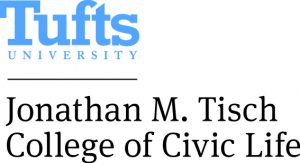Much evidence suggests that people can accomplish more together when they trust each other; and successful cooperation may build trust. However, trust is not always wise. Enhancing trust, while also making groups and institutions worthy of trust, is a civic task.
Concepts
- Design principles for commonsElinor Ostrom and colleagues have found that communities are more likely to succeed at producing and protecting common pool resources if they employ the principles listed below (as phrased in Levine 2022, drawing on E. Ostrom 1990 and E. Ostrom 2010, 653) For the underlying theory, see this video lecture by Peter Levine on Ostrom’s … Continue reading
- Social capital“Capital” always means something of value that produces a “flow” of goods for the one(s) who own it. For instance, a factory is physical capital. It can produce manufactured products if it is supplied with trained people (human capital) and raw materials. Social capital is unique in that it is not owned by an individual … Continue reading
Activities
- Danielle Allen’s speech normsIt is common–and a good idea–to develop norms for speech within a group, such as a classroom or a community association. In Talking to Strangers (2004), political philosopher Danielle Allen develops a theory of speech that is helpful in a democracy, such as the United States. On pp. 157-8, she offers a list of principles … Continue reading

